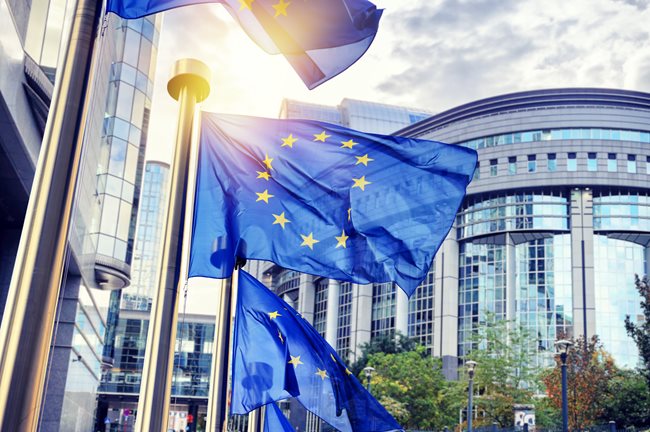13 September 2018
The Directive on Copyright in the Digital Single Market has won the support of MEPs in Brussels, meaning that it can advance to the next stage in the legislative process.

Having initially rejected the Directive back in July, MEPs voted to support it by 438 votes to 226, with 39 abstentions. This represents a great victory for authors and other rights-holders.
As well as forcing platforms such as YouTube and Facebook to take greater responsibility for the creative content they host, it contains the following much-needed provisions which would strengthen the rights of authors:
- A transparency obligation, which would force publishers to be more transparent when reporting information to authors related to accounting and the exploitation of their works.
- A contract adjustment mechanism (or “bestseller clause”) allowing authors to claim additional remuneration when sales are much better than expected.
- A dispute resolution mechanism, enabling disputes over these two issues to be submitted to an alternative resolution procedure.
These provisions form key components of our own C.R.E.A.T.O.R. campaign for fair contract terms.
The Directive will now go forward to “trilogue” discussions between the European Parliament, Council and Commission, with the aim of agreeing a compromise text to be adopted in early 2019, before the UK leaves the EU.
Nicola Solomon, Chief Executive of the Society of Authors, said:
“I am delighted that this important piece of legislation has won the support of MEPs. The Directive is a once in a generation opportunity to make copyright law fairer for authors and other creators.
“Although the majority of media coverage focused on the controversies around Articles 11 and 13, the key provisions for authors are in contained in Articles 14-16, which include obligations for publishers to be more transparent in the accounting information they provide to authors, and to include “bestseller clauses” in contracts.
“The Directive has sparked a lively debate about copyright in the digital age, and I appreciate that there are strong feelings on both sides of the argument. We accept that there are some valid concerns around Articles 11 and 13, and we hope that they can be ironed out in the trilogue process.”